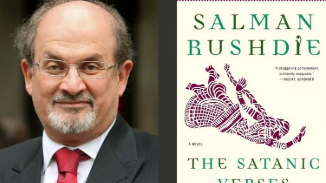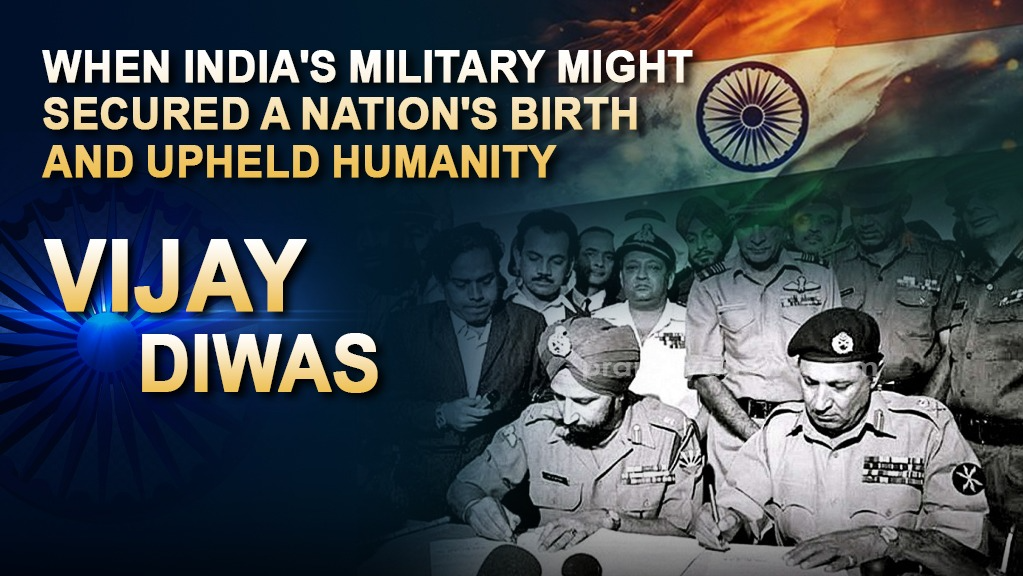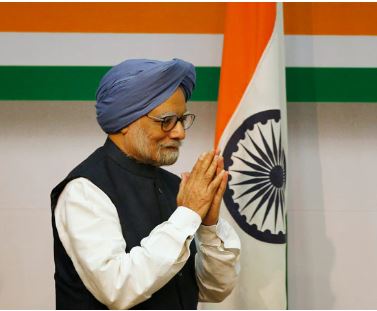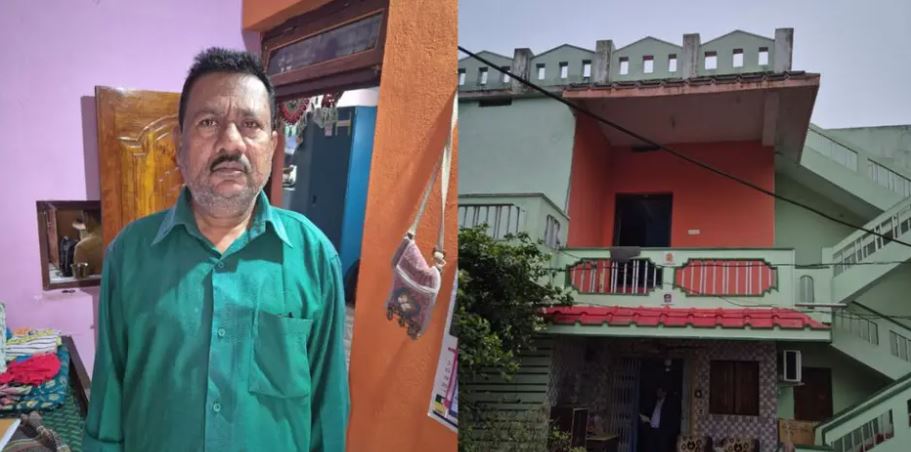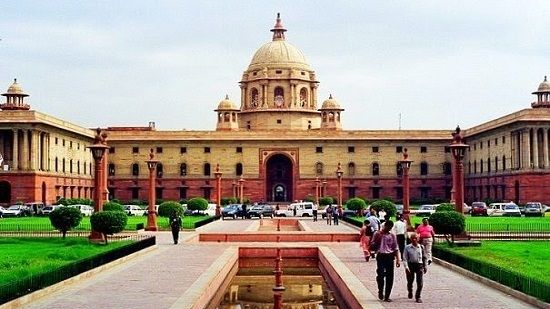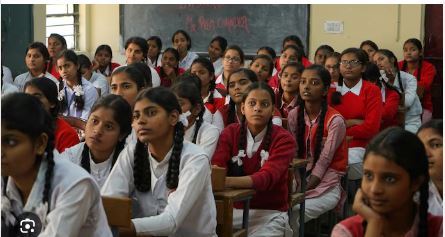New Delhi: In a remarkable turn of events that marks a significant milestone for literary freedom in India, Salman Rushdie's controversial novel 'The Satanic Verses' has quietly returned to Indian bookstores after a 37-year import ban. The landmark shift comes following a Delhi High Court ruling in November 2024, which effectively nullified the prohibition after government officials failed to produce the original ban notification.
The Journey from Ban to Bookshelf
The saga of 'The Satanic Verses' in India represents one of the most contentious chapters in the nation's literary history. Published in September 1988, the novel immediately sparked global controversy, particularly among Muslim communities who condemned it as blasphemous. The Indian government, under then-Prime Minister Rajiv Gandhi's leadership, responded swiftly by imposing an import ban on October 5, 1988, making India the first country to restrict the book's circulation.
"The original ban was a product of its time, reflecting the complex interplay of religious sensitivities and political calculations," notes Dr. Amrita Sen, Professor of Literary Studies at Delhi University. "Its lifting, ironically through administrative oversight rather than deliberate policy, signals how much India has evolved since then."
The Political Context of 1988
The original ban emerged during a particularly turbulent period in Indian politics. The Rajiv Gandhi administration was navigating multiple challenges: the Bofors scandal threatened its credibility, while the government's handling of the Shah Bano case and the emerging Ayodhya movement created significant political tensions.
"The decision to ban 'The Satanic Verses' cannot be viewed in isolation," explains political analyst Rajesh Kumar. "It was part of a larger pattern of political compromises that characterized the late 1980s, where the government attempted to balance secular principles with religious sentiments."
The Global Repercussions
The controversy surrounding the book transcended India's borders. In 1989, Iran's Supreme Leader Ayatollah Khomeini issued a fatwa calling for Rushdie's assassination, forcing the author into hiding for six years. The shadows of this threat loomed large even in recent times, evidenced by the brutal attack on Rushdie during a New York lecture in 2022, which left him partially blind and with limited mobility in one hand.
The Legal Battle and Its Resolution
The path to lifting the ban began in 2019 when Sandipan Khan, finding the book unavailable in Indian bookstores, filed a petition challenging the prohibition. The turning point came when government officials admitted they couldn't locate the original ban notification.
"The case essentially highlighted a crucial legal principle: restrictions on fundamental rights must be properly documented and justified," explains Uddyam Mukherjee, the lawyer who represented Khan. "Without the original notification, there was no legal basis to continue the ban."
Modern India's Response
The reaction to the book's return has been notably muted compared to the furore of 1988. Political leaders across the spectrum have maintained a conspicuous silence, while some Congress veterans have quietly distanced themselves from their party's historical position on the ban.
"Today's India has developed a more nuanced relationship with controversial literature," observes cultural commentator Priya Sharma. "The relative calm surrounding the book's return reflects both changing social attitudes and a maturing democracy."
Looking Forward: Implications for Literary Freedom
The reemergence of 'The Satanic Verses' in India raises important questions about the future of literary freedom and government intervention in creative expression. While the ban's lifting resulted from administrative oversight rather than a deliberate policy shift, it sets a precedent for challenging similar restrictions.
Bookstore owners report steady but uncontroversial sales of the newly available book. "There's interest, certainly, but it's more academic than sensational," says Rohit Mehra, owner of a major Delhi bookstore chain. "Readers are approaching it as a significant literary work rather than a controversial text."
As India continues to evolve as a democracy, the quiet return of 'The Satanic Verses' marks not just the end of a specific prohibition, but potentially signals a broader shift in how the nation balances creative freedom with religious sensitivities. The book's journey from banned text to freely available literature mirrors India's own journey toward a more nuanced understanding of freedom of expression in a diverse society.








